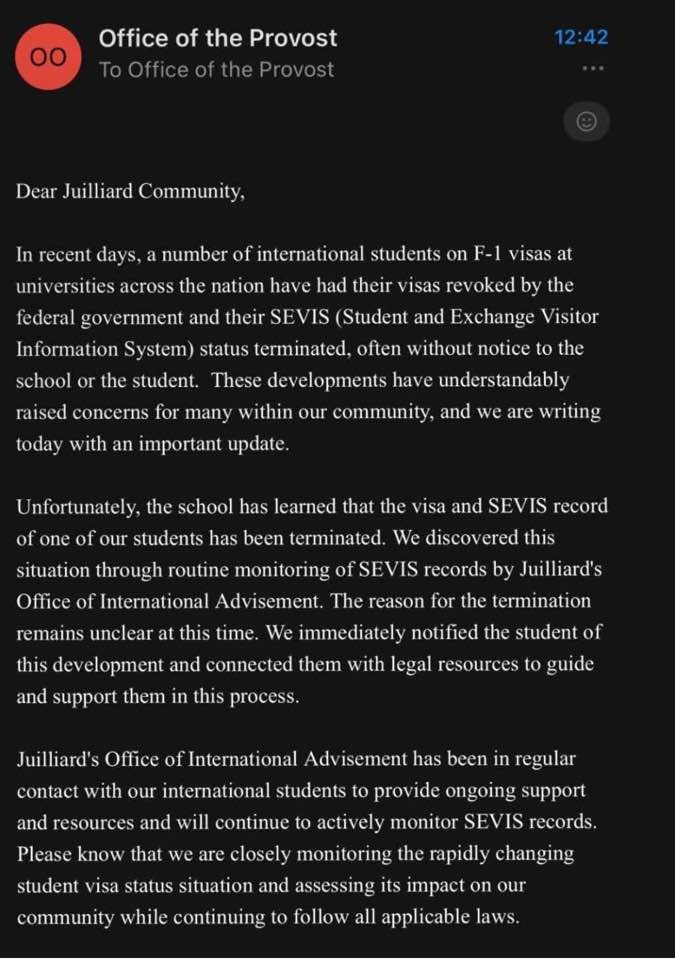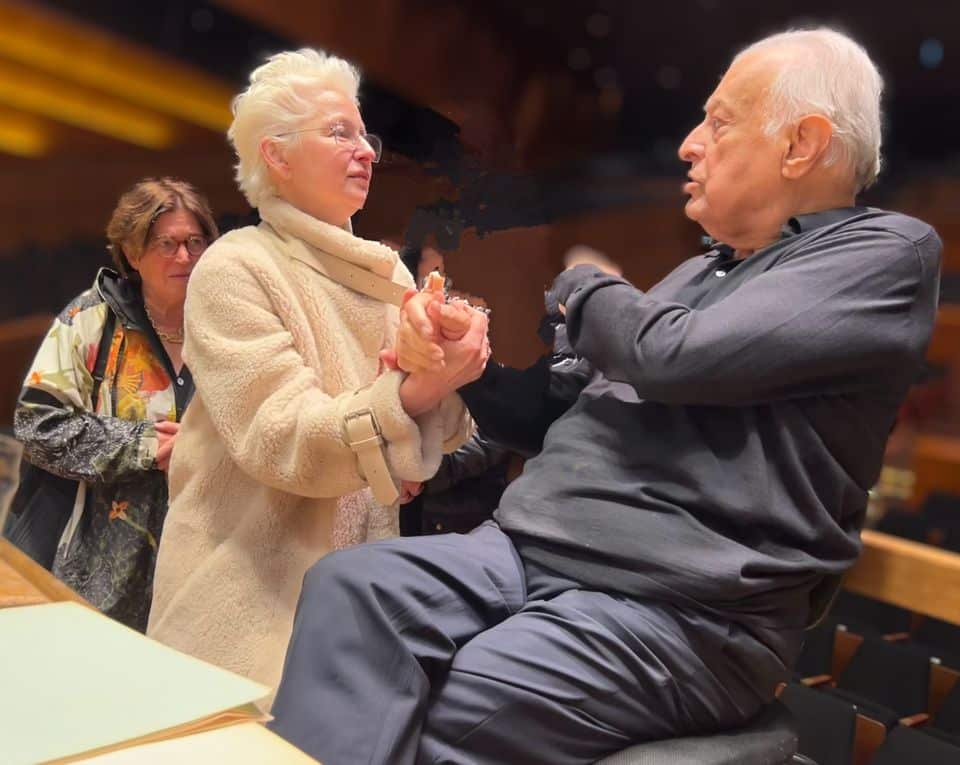Piano teacher kicks lumps out of Glenn Gould
NewsThe revered US piano teacher Seymour Bernstein has gone live to criticise Glenn Gould’s Mozart recordings as ‘a travesty… snide… contemptuousness for the public… anti-music.’
Want more?
It’s here.

The revered US piano teacher Seymour Bernstein has gone live to criticise Glenn Gould’s Mozart recordings as ‘a travesty… snide… contemptuousness for the public… anti-music.’
Want more?
It’s here.
The alarming letter below went out last night…

Message from Bavarian State Opera: It is with…

Scanning the list of council members who signed…

From our special correspondent in Tel Aviv, Dan…

Session expired
Please log in again. The login page will open in a new tab. After logging in you can close it and return to this page.
Comments